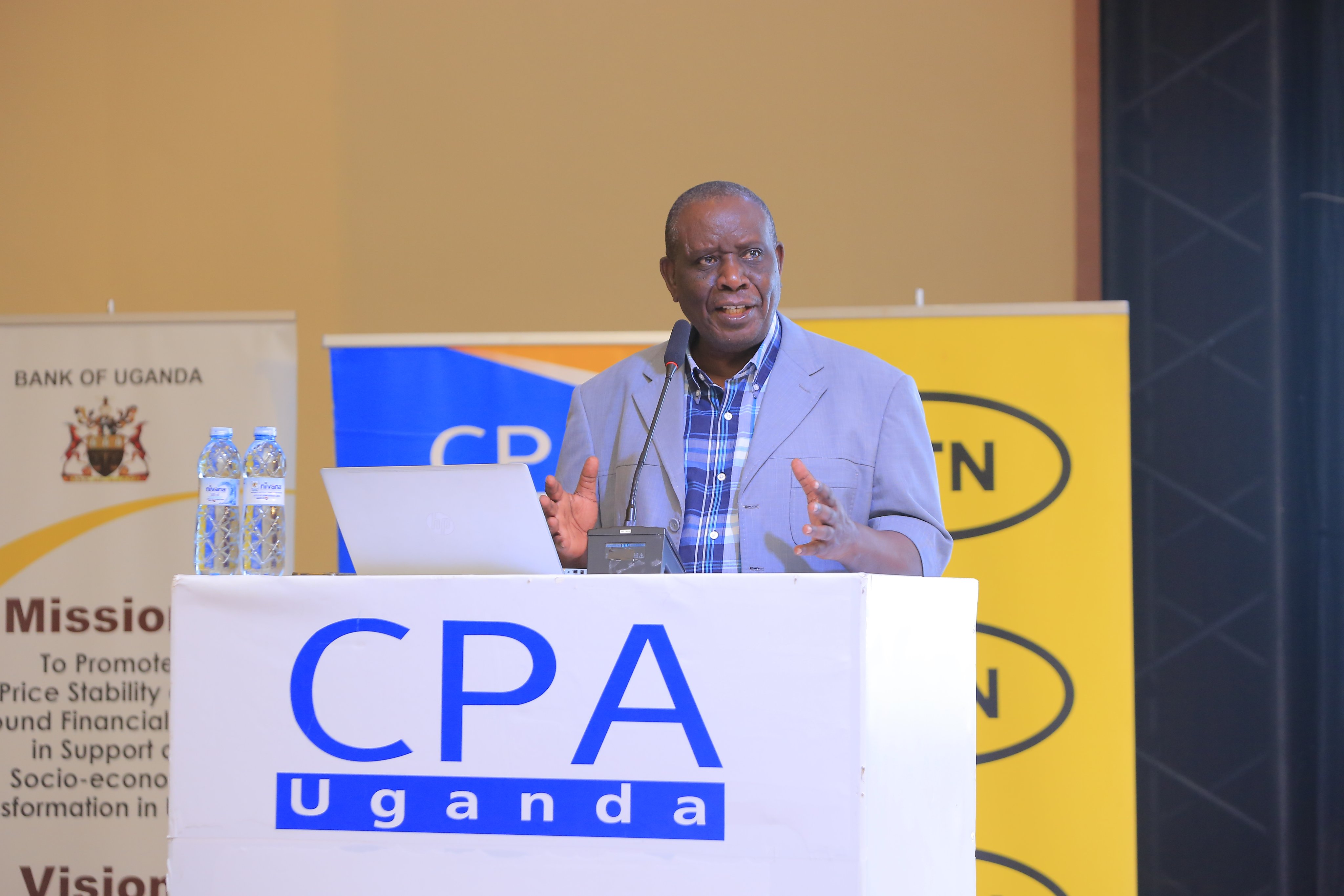By Caroline Nassuuna
Communications Officer - ICPAU
Understanding global and regional geopolitics in Uganda involves examining the country's interactions and interests within the East African region and the broader international context. This encompasses Uganda’s relationships with neighbouring countries, involvement in regional organisations, and engagement with global powers and international institutions.
Uganda is a member of the East African Community (EAC), a regional intergovernmental organisation aimed at promoting economic integration and development. The EAC’s goals include a customs union, a common market, a monetary union, and eventually a political federation. Uganda benefits from tariff reductions, streamlined customs procedures, and enhanced trade within the EAC member states of Kenya, Tanzania, Rwanda, Burundi, South Sudan, and the Democratic Republic of Congo (DRC).
The country also participates in African Union (AU) initiatives to promote peace, security, and development across Africa. This includes the African Continental Free Trade Area (AfCFTA), which aims to create a single continental market for goods and services. It also contributes to AU peacekeeping operations and conflict resolution efforts within various African countries affected by war.
Globally, Uganda has diplomatic and military ties with a number of superpowers, including China, Russia, the United States and the European Union. It is also a member of several multilateral organisations, including the United Nations, the World Bank and the International Monetary Fund (IMF).
Securing and expanding market access for Ugandan products, both regionally and globally, is a priority. Initiatives including; improving infrastructure, reducing trade barriers, and enhancing competitiveness are underway to promote Uganda's sustained growth and development.
According to Mr Ndebesa Mwambutsya, a political Scientist, although legal frameworks such as trade agreements, treaties, protocols, and regulations are available, member countries are given market access to a market but fail or be prevented from entering that market due to non-tariff barriers sometimes arising out of geopolitical tensions.
“The debate of market access should be put into consideration. Uganda’s policy currently is to add value to our raw materials before export. But when we add value shall we get market access for the processed goods? Won’t the global markets come up with non-tariff barrier excuses such as human rights, hygiene standards, quality, specifications, packaging, to frustrate market entry?” added Mr Mwambutsya.
Mr Mwambutsya was speaking to accountants and other economists at the 12th CPA Economic Forum happening at the Imperial Resort Beach Hotel, Entebbe, where he remarked that managing the risks caused by regional and global geopolitics to market access for goods and services in Uganda involves a comprehensive approach that includes understanding the geopolitical landscape, building resilient business practices, and leveraging diplomatic and strategic tools.
He called upon Ugandan accountants to significantly impact regional and global geopolitics by enhancing economic stability, supporting trade and investment, facilitating international partnerships, and managing financial risks. Their expertise in financial management, compliance, and transparency is crucial for navigating the complexities of Uganda's geopolitical environment and promoting sustainable development.





